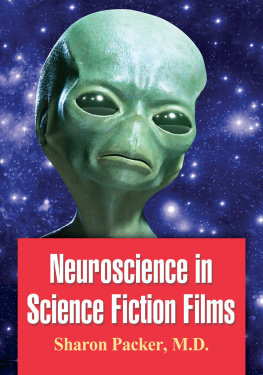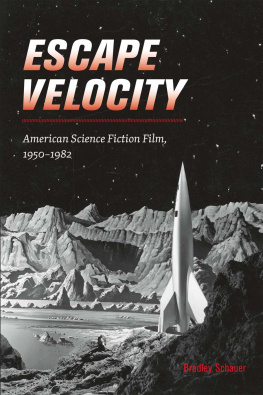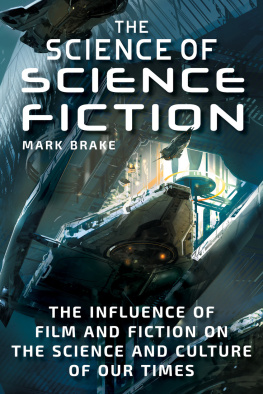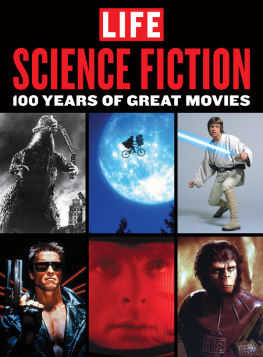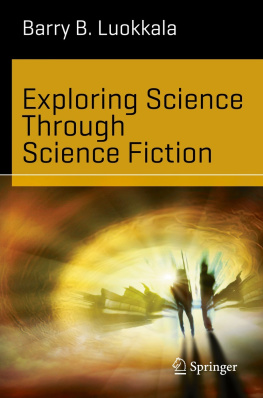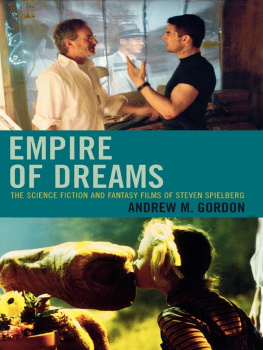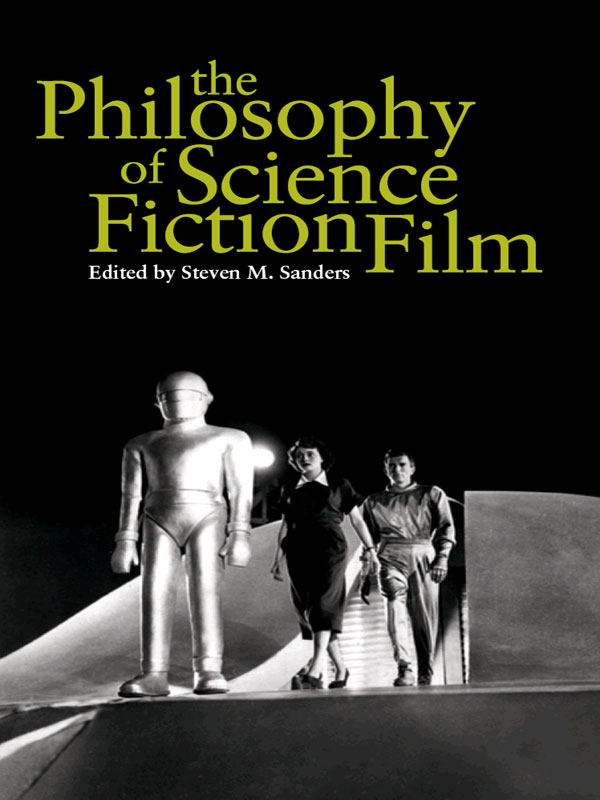The Philosophy of Popular Culture
The books published in the Philosophy of Popular Culture series will illuminate and explore philosophical themes and ideas that occur in popular culture. The goal of this series is to demonstrate how philosophical inquiry has been reinvigorated by increased scholarly interest in the intersection of popular culture and philosophy, as well as to explore through philosophical analysis beloved modes of entertainment, such as movies, TV shows, and music. Philosophical concepts will be made accessible to the general reader through examples in popular culture. This series seeks to publish both established and emerging scholars who will engage a major area of popular culture for philosophical interpretation and examine the philosophical underpinnings of its themes. Eschewing ephemeral trends of philosophical and cultural theory, authors will establish and elaborate on connections between traditional philosophical ideas from important thinkers and the ever-expanding world of popular culture.
Series Editor
Mark T. Conard, Marymount Manhattan College, NY
Books in the Series
The Philosophy of Stanley Kubrick, edited by Jerold J. Abrams
The Philosophy of Film Noir, edited by Mark T. Conard
The Philosophy of Martin Scorsese, edited by Mark T. Conard
The Philosophy of Neo-Noir, edited by Mark T. Conard
The Philosophy of The X-Files, edited by Dean A. Kowalski
The Philosophy of TV Noir, edited by Steven M. Sanders and Aeon J. Skoble
Basketball and Philosophy, edited by Jerry L. Walls and Gregory Bassham
Publication of this volume was made possible in part by a grant
from the National Endowment for the Humanities.
An Introduction to the Philosophy of Science Fiction Film and
Picturing Paranoia: Interpreting Invasion of the Body Snatchers
copyright 2008 by Steven M. Sanders
Copyright 2008 by The University Press of Kentucky
Scholarly publisher for the Commonwealth,
serving Bellarmine University, Berea College, Centre College of Kentucky, Eastern
Kentucky University, The Filson Historical Society, Georgetown College,
Kentucky Historical Society, Kentucky State University, Morehead State University,
Murray State University, Northern Kentucky University, Transylvania University,
University of Kentucky, University of Louisville, and Western Kentucky University.
All rights reserved.
Editorial and Sales Offices: The University Press of Kentucky
663 South Limestone Street, Lexington, Kentucky 40508-4008
www.kentuckypress.com
11 10 09 08 07 5 4 3 2 1
Library of Congress Cataloging-in-Publication Data
The philosophy of science fiction film / edited by Steven M. Sanders.
p. cm.(The philosophy of popular culture)
Includes bibliographical references and index.
ISBN 978-0-8131-2472-8 (hardcover : alk. paper)
1. Science fiction filmsHistory and criticism. I. Sanders, Steven, 1945
PN1995.9.S26P49 2008
791.43615dc22 2007038230
This book is printed on acid-free recycled paper meeting the requirements of the American
National Standard for Permanence in Paper for Printed Library Materials.

Manufactured in the United States of America.

Member of the Association of
American University Presses
PREFACE AND ACKNOWLEDGMENTS
The essays in this volume explore some of the ideas and possibilities that science fiction films take as their starting points. Since the essays are philosophical, they aim to increase readers understanding and appreciation by identifying the philosophical implications and assumptions of The Day the Earth Stood Still, Invasion of the Body Snatchers, The Terminator, and a dozen other science fiction film classics. The questions these films raise are addressed by philosophers, film theorists, and other scholars who take a variety of approaches and perspectives. No single method or school of thought predominates. Of course, there is a consensus among the contributors that intelligent and well-informed discussion of films can lead to greater appreciation and understanding of them. And each contributor would no doubt agree that it is desirable for readers to have a firsthand acquaintance with the film he or she has chosen to write about.
Aside from being asked to confine their choices to a short list, described in the introductory essay, contributors were free to treat science fiction films in any way that struck them as illuminating. Some contributors deployed a group of philosophical ideas around their choice of film. Others first selected a philosophical problem or theme, such as time travel, personal identity, or artificial intelligence, and then found a film that was particularly effective at dramatizing and developing the problem or theme in question. Although the essays implicate many areas of philosophy, including ethics, metaphysics, theory of knowledge, political philosophy, and aesthetics, readers who have had no previous exposure to philosophy will almost always be able to pick up the gist of the discussion, if not the finer points of detail. In addition, the introductory essay is designed to clarify the basic line of argument and point of view in each essay. All of the essays involve interpretive readings of the films, which means that they invite disagreement and reflection on the basis of that disagreement.
I am fortunate to have worked with colleagues who write about science fiction film so well. I thank them for their patience, hard work, and willingness to share their expertise. I am grateful to Mark T. Conard for developing the series that brings philosophy into such harmonious relationships with popular culture, to Eric Bronson and Michael L. Stephans for their helpful comments during the submission process, and to Christeen Clemens for our discussions of the book from its inception. Finally, I want to thank my editing supervisor, David L. Cobb, and my copyeditor, Anna Laura Bennett, for their valuable suggestions and meticulous correction of the manuscript.
AN INTRODUCTION TO THE PHILOSOPHY
OF SCIENCE FICTION FILM
Steven M. Sanders
Over the last decade there has been a significant shift in the attitudes of philosophers as they have become increasingly receptive to the opportunity to apply methods of philosophical inquiry to film, television, and other areas of popular culture. In fact, receptive is far too mild a word to describe the enthusiasm with which many philosophers now embrace popular culture. The authors of the essays included in this volume have genuine affection for science fiction feature films and the expertise to describe, explain, analyze, and evaluate the story lines, conflicts, and philosophically salient themes in them. Their contributions are designed to promote an understanding of the very considerable extent to which philosophy and science fiction are thematically interdependent insofar as science fiction provides materials for philosophical thinking about the logical possibility and paradoxes of time travel, the concept of personal identity and what it means to be human, the nature of consciousness and artificial intelligence, the moral implications of encounters with extraterrestrials, and the transformations of the future that will be brought about by science and technology. Of course, many science fiction films emphasize gadgets and special effects to the neglect of conceptual complexity, but the films discussed here engage viewers on the plane of ideas and provide occasions for historical, political, literary, and cultural commentary as well as philosophical analysis.



